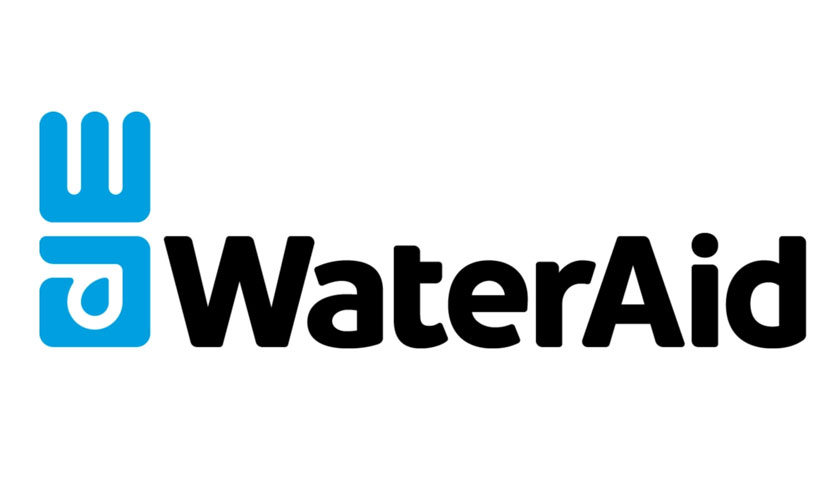WaterAid condemns the lack of worldwide action to make sure the world’s most vulnerable people have reliable access to clean water, good sanitation and hygiene to face the impacts of the climate crisis.
The international development organisation comes with its statement in response to a new assessment by the Intergovernmental Panel on Climate Change (IPCC), which looks at impacts, adaptation and vulnerability linked with climate change.
WaterAid welcomes the IPCC report focused on the dire need for adaptation and said far more funds are needed to truly support those already struggling on the frontline of the crisis. People see their homes flooded or their crops withered, and their children go thirsty as an effect of the crisis, and they often lack the basics such as clean water to cope with the challenges.
Nations that mentioned water as a vulnerable sector had an average of just $1 per person per year for water related adaptation finance, according to analysis released by WaterAid in November 2020.
Drought and floods can destabilise water and sanitation services. The fallout from Storm Ana and Cyclone Batsirai, which struck Madagascar in January and February this year causing floods and leaving tens of thousands displaced, demonstrates the need for immediate climate adaptation and resilience building among some of the world’s poorest communities, WaterAid said.
WaterAid Chief Executive Tim Wainwright said:
“Climate change is upon us and it is exacerbating the existing water crisis, with two billion people lacking access to safely managed water and communities already struggling to cope. They are living with the dire consequences and will have to continue to adapt to longer droughts, increased flooding, and pressure on water resources.
“Booming and fast growing cities such as Lagos and Maputo pay the price for the climate crisis through water as people struggle to keep up with huge pressures on unreliable water supplies. These communities are threatened in their health and prosperity by a crisis they have not caused.
“We welcome the IPCC’s world-class work and its insights into this generational challenge, which must now throw a spotlight on those living on the frontlines of the climate struggle. But today’s concerns must translate into real action tomorrow. That means prioritising the safety of vulnerable communities, and aligning investors, experts and policy makers to ensure these communities are at the front of the queue for the global support that was pledged at successive UN climate conferences, but as yet is undelivered.”
In the aftermath of storms Ana and Batsirai, WaterAid Madagascar Country Director, Josette Vignon said:
“It’s high time to support vulnerable communities, like the ones that were hit in Madagascar, in facing the impact of erratic weather. The country was hard struck by drought over the past year, and in the last weeks, several storms have hit coastal areas as well as communities inland. The storms have wiped out clean water and sanitation systems that people depended on. These facilities must be rebuilt as soon as possible, in a sustainable way. Safe water, sanitation and hygiene are the basis of all human life, and we need to make sure people have access to it no matter how the climate changes.”
